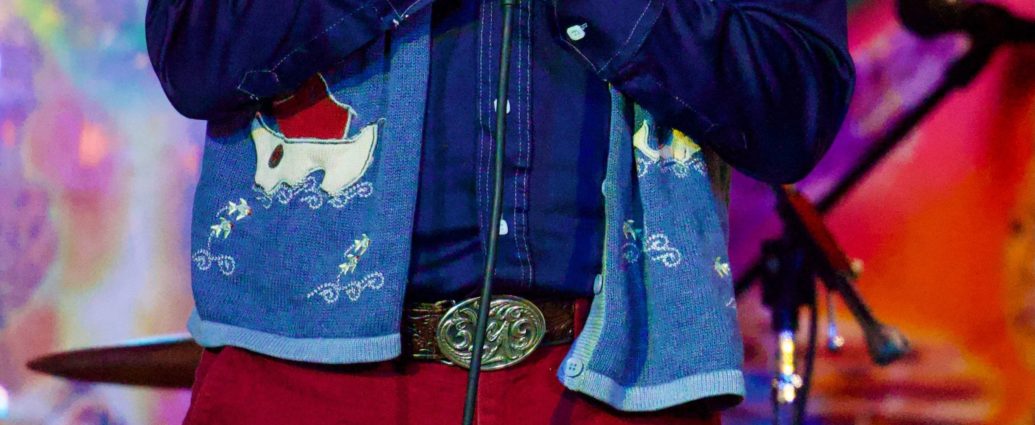Comrade Tripp is Very Popular, but Still Sad
WORDS BY PATRICK STRAIT
Comrade Tripp has a voice that is incredibly unique in the Twin Cities comedy scene. And that voice is very sad.
His nervous, soft-spoken tone combined with his self-deprecating, anxiety-packed humor has allowed him to become one of the can’t-miss local comedians in town, but also a fast-rising social media phenom who has had hundreds of thousands of stumble on to his TikTok and Instagram since deciding to get online earlier this year.
“I’m being followed,” he says in his characteristic deadpan tone. “I’m still not sure how much of it actually matters in the real world. But so far most of the comments have been good, and the bad ones are nothing I haven’t heard before.”
After getting his start in St. Cloud seven years ago, Tripp has been a fixture at places like Comedy Corner Underground and Sisyphus Brewing, in addition to his hosting duties at the weekly Uproar Open Mic every Monday at Bryant Lake Bowl. His melancholy attitude accentuates his jokes, which are razor-sharp in terms of wit and creativity. But if anyone thinks he’s just playing a character onstage, then clearly they don’t know Tripp.
“Once the audience finds out that you’re actually sad and starts to worry about you, it’s a bit much,” he explains. “But the Minnesota niceness of it is that we worry about people with no object permanence to it. If they’re around me, they’re sad. But sometimes I want people to think it’s an act. If they think that, then they won’t bother me or ask me if I’m OK even though they know the answer. I’ve spoken on stage about how I’m not OK.”
After seeing other local comics, such as Sam Schedler, find success online, Tripp decided to start sharing his comedy with the world. While the feedback to his material has been positive, the internet continues to be the internet.
“I get the same five or six insults every time,” he says of the dreaded comments section. “Insults I’ve heard my entire life. And it’s always people who think they’re being smart, or that they’re the first person to ever notice something about me. It’s always about how I look. ‘I can’t tell how old he is.’ Or, ‘Is he 15 or 80?’ Sometimes they’ll say, ‘He sounds like he can’t breathe,’ or ‘He looks like he’s afraid to exist.’ All things that are true. Then I get the comparisons to Gary Coleman or Emmanuel Lewis or any other person of color with soft features.”
Despite his tendency to lean into the negative, Tripp admits that there have been plenty of positives to come out of his new-found viral fame as well.
“People will say, ‘He’s just like me,’ or ‘This is my inner voice,’” he says. “There are people who can relate to it and can identify with me. That means a lot because those people are like me. They’re introverts and commenting on things on the internet is hard for them the same way it is for me.”
Whether his social media stardom continues to explode or not, Tripp says he doesn’t see himself becoming any less sad in the future. Though when he’s faced with the all-important question of, “Why are you sad?” He responds like a comic with a knack for promotion: “Come to my next show and I’ll tell you.”

